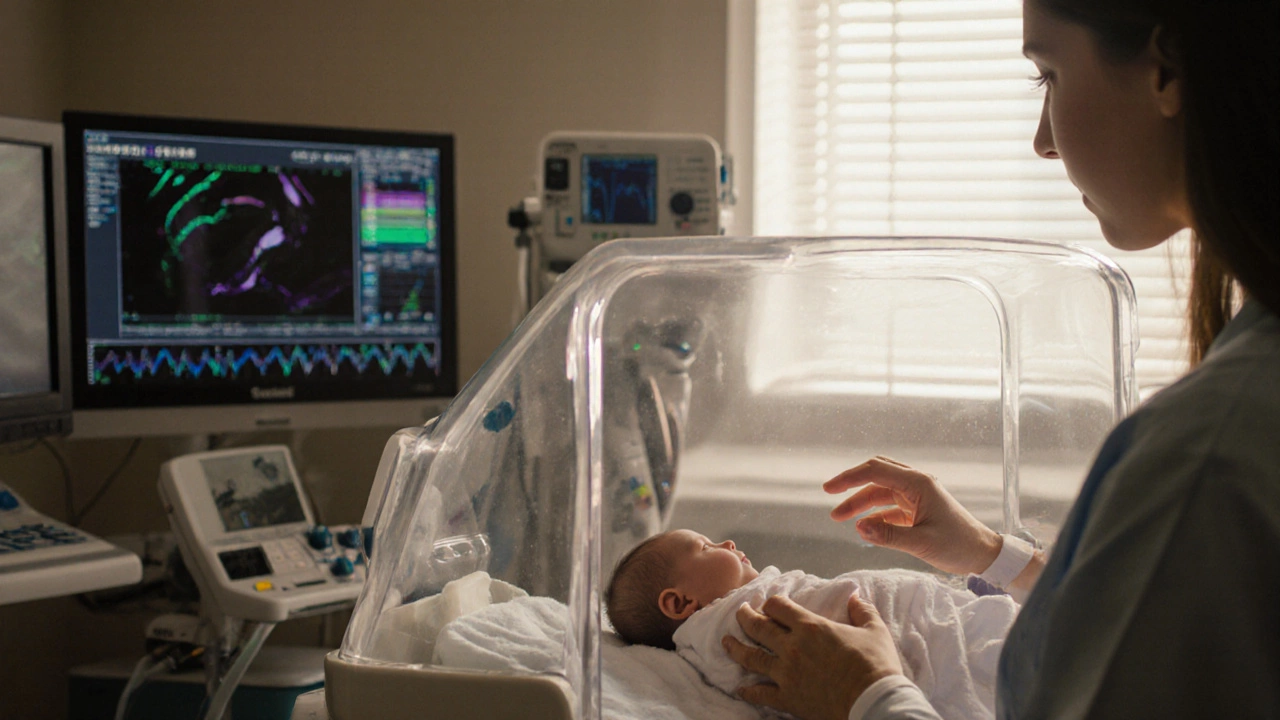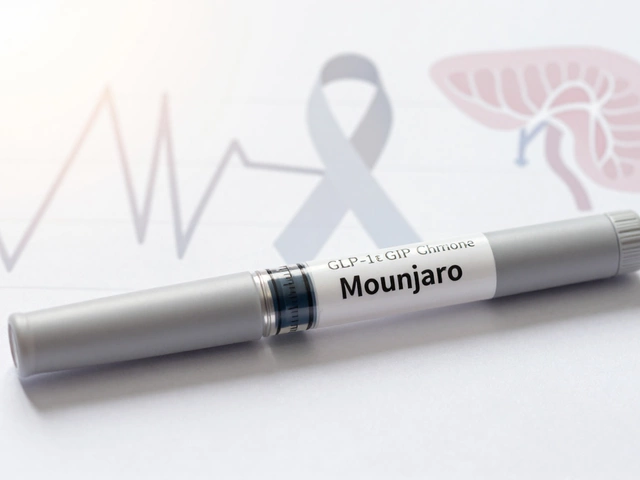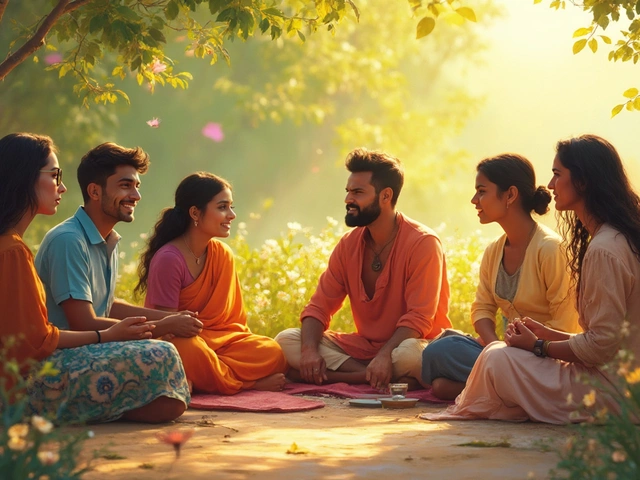Are IVF babies healthy? Latest research shows they are just as healthy as naturally conceived children, with only minor differences tied to parental age and multiple births - not the IVF process itself.
Read MoreFertility Treatment Outcomes: What Really Works in India
When you're trying to conceive and turn to fertility treatment outcomes, the measurable results of medical interventions like IVF, IUI, or ovulation induction aimed at helping people conceive. Also known as assisted reproductive technology success rates, these outcomes determine whether a treatment path is worth the time, cost, and emotional toll. In India, where IVF clinics are everywhere and prices vary wildly, knowing what actually works—not what’s advertised—is critical.
Fertility treatment outcomes aren’t just about whether you get pregnant. They include live birth rates, miscarriage risks, multiple pregnancy chances, and how many cycles it takes to succeed. For women under 35, success rates for a single IVF cycle in top Indian clinics often hover between 30% and 45%. But after 40, those numbers drop sharply—sometimes below 15%. Age isn’t the only factor. Underlying conditions like PCOS, endometriosis, or male factor infertility play a huge role. Even lifestyle choices—smoking, weight, stress levels—can shift the odds. And while clinics may boast high success rates, few openly share how they calculate them. Some count only embryo transfers, others include all cycles. Always ask: Is this per cycle? Per patient? Per embryo?
It’s not just about the procedure. The IVF side effects, common physical and emotional reactions to fertility medications, including bloating, mood swings, and ovarian hyperstimulation syndrome. Also known as IVF medication reactions, these can range from mild discomfort to serious complications. Many people focus on the needles and the cost, but the emotional rollercoaster often hits harder. Repeated failed cycles can lead to burnout, depression, or relationship strain. That’s why some couples in India turn to Ayurveda or yoga alongside medical treatment—not as replacements, but as support systems to manage stress and improve overall wellness. Meanwhile, clinics in cities like Delhi, Mumbai, and Bangalore are now offering bundled packages, genetic screening, and personalized protocols to boost outcomes. But not all clinics are equal. Look for those that publish verified data from national registries like the Indian Society of Assisted Reproduction (ISAR).
And then there’s the money. A single IVF cycle in India can cost anywhere from ₹1.5 lakh to ₹4 lakh. That’s a lot, especially when success isn’t guaranteed. Some people try multiple rounds, others explore alternatives like donor eggs or surrogacy. The real question isn’t just can you get pregnant? It’s how many tries will it take, and at what cost? The posts below pull from real experiences—what the injections actually feel like, how long to wait after a baby before trying again, which clinics in India have the best track records, and how to spot red flags when clinics promise miracles. You’ll find no fluff, no marketing spin. Just clear, practical info from people who’ve been through it.





